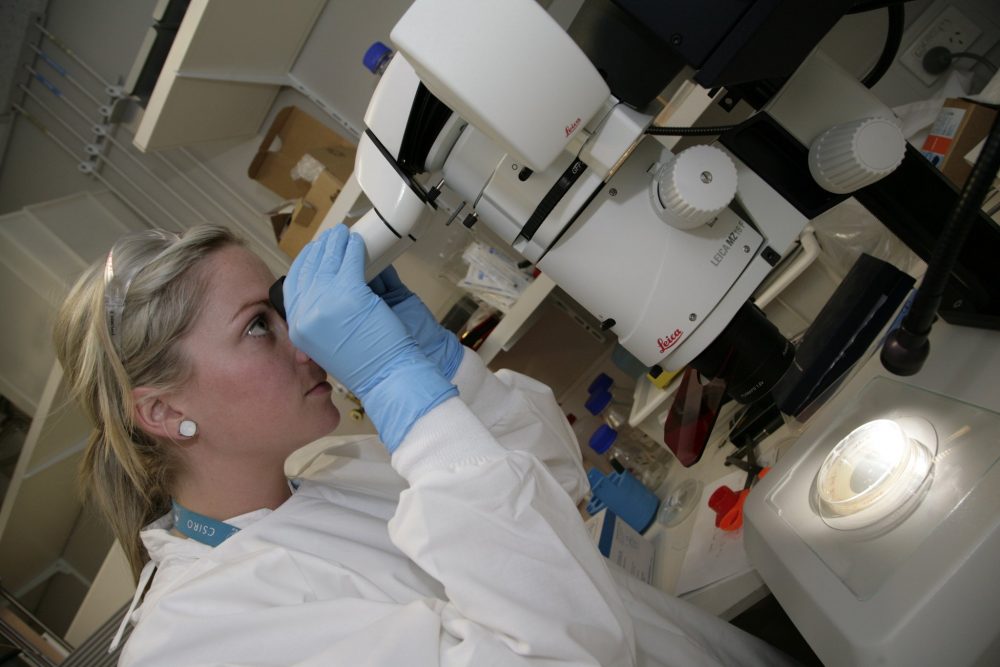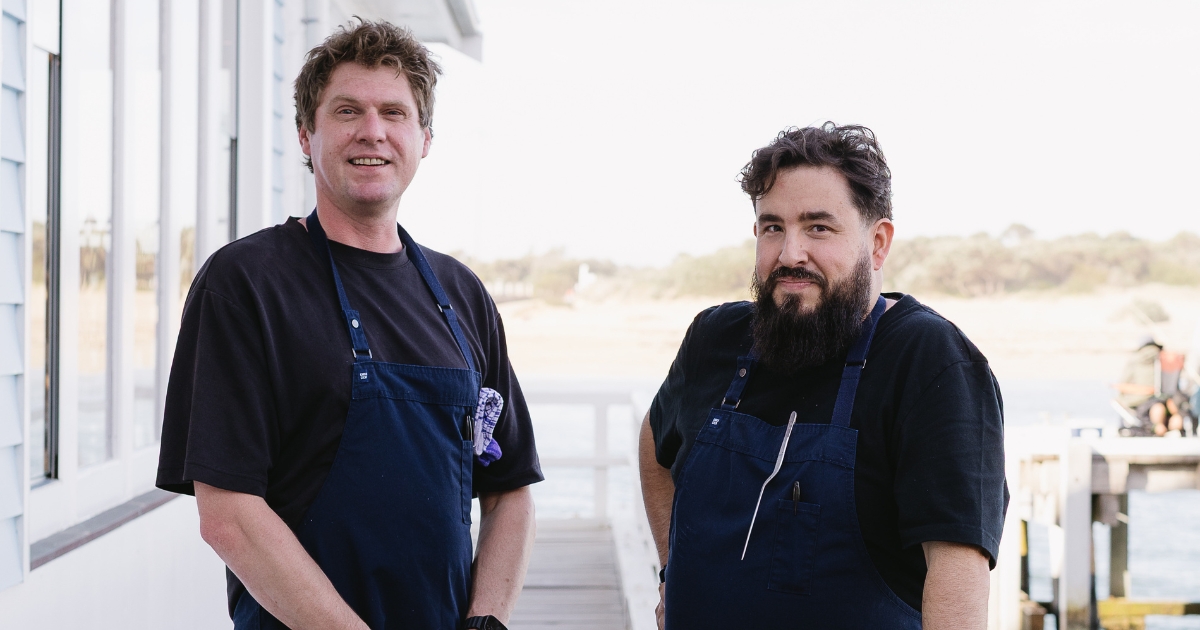Fardy Facts: Clean eating
Hi, I’m Sarah Fardy, I know stuff about science.
I did my PhD studies on pandemic H5N1 avian influenza virus at CSIRO. My project investigated “cytokine storm” in response to virus infection and investigated ways to ameliorate the impacts of disease.
I recently started a live streaming channel via Facebook to help people filter through the myriad of COVID-19 facts on the internet and in the media. On my 8pm nightly Facebook Live streams, Fardy Facts followers can ask science and virus-related questions and get evidenced based answers – relieving worries and concerns during the COVID-19 info-demic.
This week, I’ll help you to safely do your grocery shopping, order takeaway food and receive food deliveries – all while keeping your bubble safe.
COVID-19 infection is mainly spread from person-to-person through respiratory droplets – from coughing or sneezing. Cooked foods may be safe, but what about the packaging? Public concerns are increasing about accidently picking up infected droplets from inanimate objects, as it was announced in mid-March that coronavirus was detectable on cardboard (24 hours), plastics and stainless steel (3 days), copper (4 hours) and, in the air for up to 3 hours, in the New England Journal of Medicine study.
Grocery shopping
Limit your trips to supermarkets or farmers markets to once a week or
once a fortnight. It’s not essential to go daily.
On shopping day, prepare a place where you can bring all your groceries to ‘decontaminate’ when you get home. Set out an area in your kitchen or outdoor area and define a ‘dirty’ zone and a ‘clean zone’. In this ‘dirty’ zone you should have a spray bottle of 70 per cent ethanol, disposable wipes or paper towel and a bucket or sink of soapy water.
Sanitise your hands before you enter and after you leave the store or markets – take your own supply to guarantee this step.
Make a list, so you know exactly what you need to get to minimise time spent in the shopping environment.
Don’t pick up or touch items you don’t plan on purchasing.
Remove all items from bags and place groceries in the ‘dirty’ zone. Store shopping bags away until next shop – They are considered ‘dirty’
but there is no need to wash them.
Group similar items and ‘decontaminate’. Once ‘decontaminated’ items are moved into the ‘clean’ zone,
they can be put away.
| Loose fruit and veggies | Remove plastic bags, netting, cling wraps etc. Gently scrub in soapy water | Rinse with fresh water and dry off or set aside to air dry |
| Packaged fruit and veggies like cherry tomatoes, berries, packed lettuce, salad mix etc | Take a soaked soapy water wipe or handful of soapy paper towels and wipe down the outside packaging | Take dry cloth and wipe away soapy suds. Move to fridge and allow 24 hours before consuming |
| Cardboard packaging | Spray with 70% ethanol and allow to air dry. Do not wipe off the spray. Alternatively, you may also leave cardboard items somewhere they won’t be touched for 24 hours (not in any clean zones) |
Air dried items that have been sprayed and items that have spent 24 hours untouched can be put away. |
| Breads, packet items, plastic wrapped meats, cheese, plastic containers, bottles, tins, jars and glass items, pre-packed ready meals | Take a soaked soapy water wipe or handful of soapy paper towels and wipe down the outside packaging | Take dry cloth and wipe away soapy suds. Move to fridge or cupboards |
| Deli wrapped foods | Remove and discard paper from deli wrapped foods. Tie off the plastic bag with a knot and take a soaked soapy water wipe or handful of soapy paper towels and wipe down the outside packaging | Take dry cloth and wipe away soapy suds. Move to fridge |
Getting takeaway
There’s no evidence that COVID-19 can be transmitted through cooked food. We just need to ensure that our chosen takeaway food venue is keeping up good hygiene and food handling practices.
Currently, it is acceptable to make enquires about the extra measures restaurants and cafes are implementing, to ensure they are operating safely and withing the recommendations outlined by government departments to reduce risk of spreading COVID-19.
Once you are comfortable (or not), make your choice. If you are satisfied and getting takeaway, it’s best to remove all outside packaging, put food into your own clean bowls and plates, wash your hands before eating and use your own cutlery.
Food deliveries
Again, as with takeaway food venues, make your enquiries and be comfortable that measures are being taken to reduce the risk of food being home delivered.
Remove food from packaging, wash your hands and eat from your own crockery and utensils. If you are having groceries or pre-made meals delivered, use the guide in the table above for your decontamination processes.
At this time, it’s best to not let couriers or delivery drivers into your “bubble”. Ask them politely to leave the goods outside your door, so that you can limit further risk.Remember to always wash your hands regularly, especially before eating and bon appetit!
Don’t forget to join me live at 8pm for COVID-19 Q&A – search ‘Fardy Facts’ on Facebook. If there is something specific you want me to cover, please let me know at fardy-facts.com.au


















